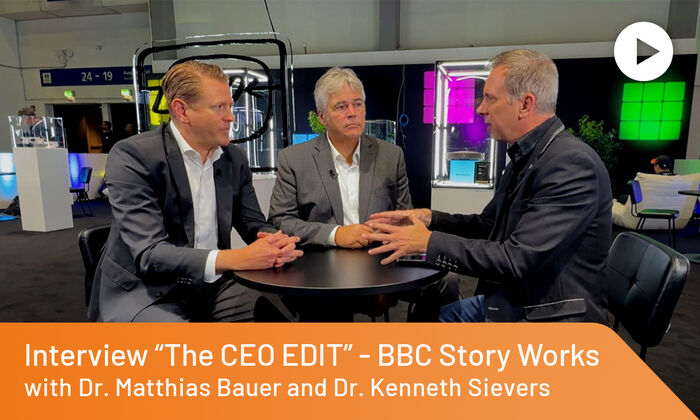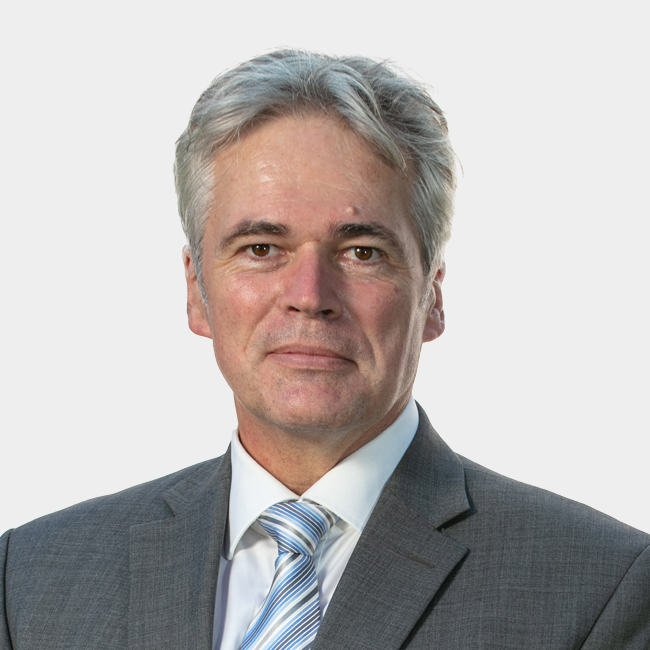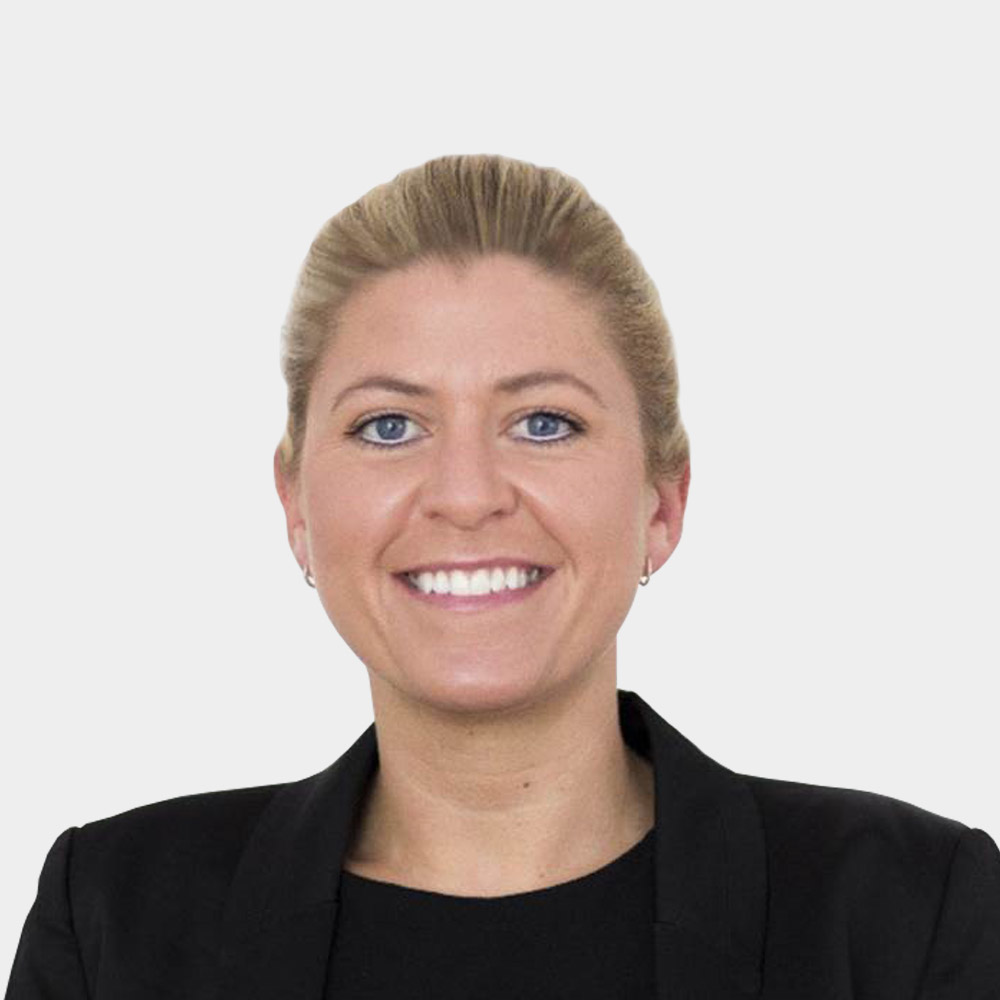
In today’s complex and fast-moving environment, leadership requires more than setting a direction. It’s about enabling transformation across the entire organization.
At the Innovation For All (IFA) conference in Berlin, Dr. Matthias Bauer and Dr. Kenneth Sievers told BBC StoryWorks how leaders can successfully navigate uncertainty by uniting a clear purpose with real operational agility.
“The world is unpredictable today. The challenges are coming in a much higher frequency, and you have to manage them all in parallel” said Dr. Matthias Bauer, Partner at EFESO.
“Go and decide and move forward. I mean, there's no other way” said Dr. Kenneth Sievers, Partner at EFESO. “If you make the wrong decision, make sure that you fail fast.” And he adds: "At the end, the environment is not your enemy. It is your partner in becoming better.”
Transformation as an opportunity
In an interview with Spencer Kelly, host of “The CEO Edit,” both interviewees also explain why an attitude of confidence and willingness to learn is crucial for sustainable success. After all, there are considerable opportunities to be driven to further development in difficult situations—for example, when localized supply chains increase the resilience of the company.
Interviewpartner

Dr. Kenneth Sievers, Partner, EFESO
Dr. Kenneth Sievers is Partner and Global Head of Procurement at EFESO. He is supporting organizations in achieving sustainable performance improvement across global operations. With a strong focus on procurement, supply chain management, and performance improvement, he brings over 20 years of experience in consulting and industry.

Dr. Matthias Bauer, Partner, EFESO
Dr. Matthias Bauer is Partner and Head of Discrete Manufacturing Americas at EFESO. He brings over 20 years of experience in global operations. At EFESO, Matthias Bauer leads business transformation in automotive, industrials, and aerospace programs across the Americas, supporting clients in enhancing profitability, streamlining operations, and building resilient supply chains.






